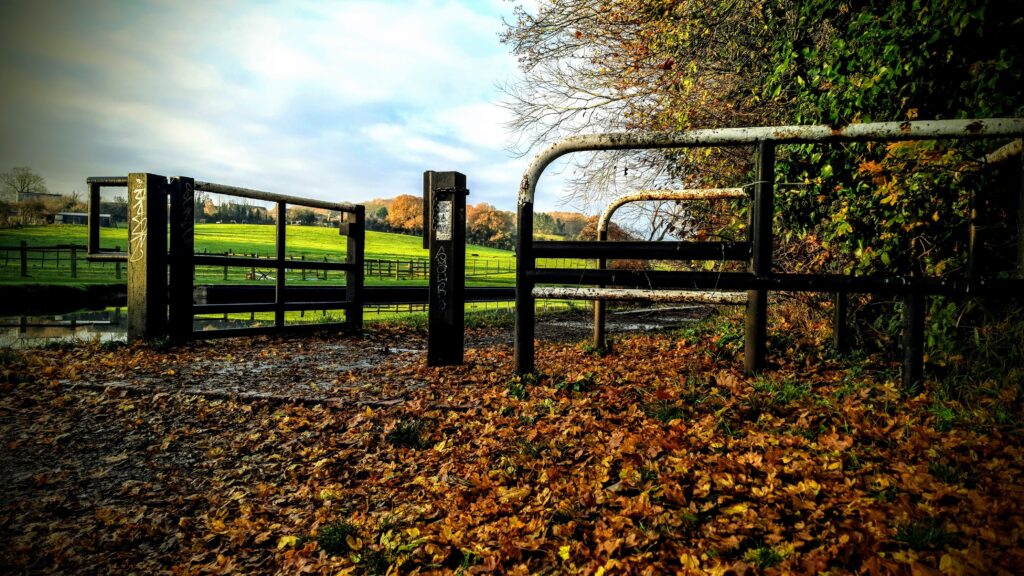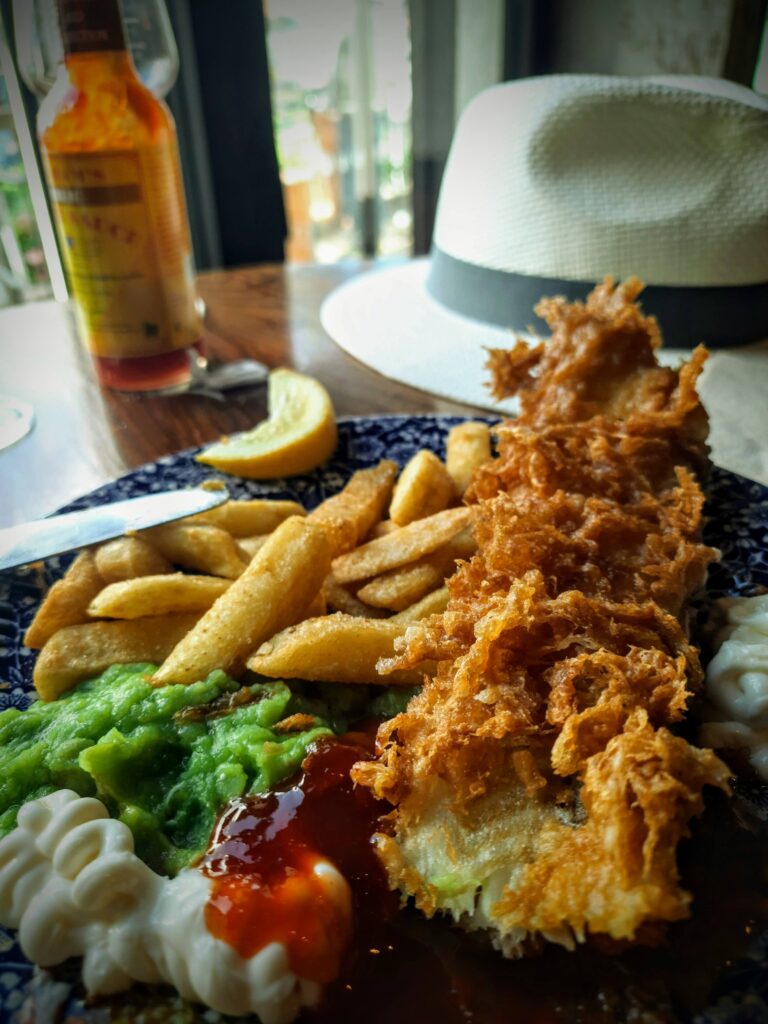Wordsley, Stourbridge, England: 12 degrees, warm, sunny but slightly overcast.
Thursday, a typical day with classes, resolving problems and online work until late in the evening.
Julie sent me a message saying she had just finished her gym classes and would like to pass by to see me quickly. It was already 9:00 p.m., but I said OK and she came. Instead of staying in the car outside my house, we thought it better to go to our hidden car park at the back of the green and the Public Library. We stayed there, kissed, talked a little, and then she dropped me back home.
I was pleased because we had met and everything was fine.
When I opened the front door, my mother was at the top of the stairs on the landing, and she asked me where I had been. I said I had been out for a few minutes. It was clear that she didn’t like that I had gone out, so I tried to ignore her reaction and pretended everything was fine. I started working on my computer in the front living room, and after a few minutes, my mother came down.
She burst open the door and said, “I should stop acting like a silly, love-sick teenager”, or something to that effect. She said it as she was crossing the room in front of me without stopping while I was working, and I replied with something I now can’t remember exactly, to the effect of “there is nothing wrong with being happy.”
It was as if a cold bucket of water had been thrown over me, erasing all the good feelings and happiness I had just a few minutes earlier. I was now feeling terrible, to the point of being disgusted with my mother, the situation, and, most of all, myself. My first thoughts were of when I was tired of being beaten, the fights, and the confusion that all centred around my mother and her neuroses.
There were very few people she got along with; the neighbours next door were her enemies, as were others in the street where we lived. My grandfather, her mother’s second husband, was an enemy, which I believe is because he was not obviously her father and of the same family bloodline.
While also comparing her mother’s new husband, her stepfather, to her father, it was a constant struggle for her; nobody could replace or even come close to her father’s figure.
My father, who was the anti-Christ after their divorce, and my Uncle Mick, my father’s best friend, with whom I believe she had a fling later on and then, because it did not go well, became a persona non grata in the house, like many others, who became so after some time.
There were always fights, confusion, arguments, aggression, and negativity with my mother, and she was always the victim. I believe this is why I dislike victimisation so much, because I honestly think life is tough, regardless of wealth, education, a good place to live, health, etc.
Life constantly tests us, so it ultimately depends on us!
You will either play the victim when it suits you and pity yourself, genuinely believing that life owes you something and that you do not need to work, study, sweat, or make sacrifices for anything. Alternatively, to the best of my recollection, I have never played the victim, and if I have, I am not aware of it at this moment. I believe that if I had played the victim, life would have treated me even worse because of it.
It is a little like the classic ‘Patch Adams’ movie starring Robin Williams, who plays a manic-depressive man who had lost his wife. He became suicidal and, because of it, interned himself in a psychiatric clinic and because of this, he soon saw that inside the clinic, the doctors didn’t really care about him and never listened to or paid attention to what he said in his therapy sessions.
He also noticed that most of his fellow patients and colleagues in the psychiatric clinic faced much more severe problems than his own. When he began to help his fellow patients by alleviating their mental pain, difficulties, and health issues, he felt better about himself.
Especially when he saw improvements in his friends as a result of his assistance. This, in turn, led to his personal growth, increased understanding, and the realisation that when we focus less on ourselves and our self-centred desires, and more on giving to others, we become happier and our mental health improves.
Happiness is more closely tied to giving to others than to worrying about what we can gain or our own self-interest.
Perhaps the more we give, the more we receive—both directly and indirectly. Not necessarily immediately, as many expect, but over time. Sometimes we do not even notice or realise it, or when we least expect it. But, indeed, it does come back to us; we do receive a return.
Regarding my mother and her relationships with others, I haven’t mentioned myself. My memories of my mother and me are of confusion, constant arguments, the feeling of walking on eggshells all the time, and when I was younger, she repeatedly beat me always to prove her point.
Once again, I don’t want to play the victim, but what I see today is that I have been a product of the toxic relationship I experienced with my mother and, indirectly, to a lesser extent, with my father. I can now say that, in some ways, this toxicity both prepared and shaped me for life and survival. When thinking about going to Brazil, it may have unconsciously pushed me there, as far away from my family and England as possible.
I have never really felt depressed or sorry for myself, and I believe I have always tried to overcome challenging situations, I have never had a choice, or option. I also firmly believe in my ability to improve and that things will get better, always seeking the positive side. Perhaps the only genuine negative aspect of all this, regarding myself and my mother, is my absolute lack of understanding of women.
I have never been officially married. I have lived with two women who are the mothers of my daughters, but I have never been formally married to either of them. Perhaps this has always been missing in my life: a genuine commitment to marriage. And maybe it didn’t happen because of the fear I felt as a child.
Could Julie change that?
I’m not sure, but I think it is difficult. She’s going through a divorce with no set date or deadline for it to be resolved soon, but I do not believe she would want to marry again after such a turbulent experience. I also think that Julie, even though we have a very enjoyable time together, there are some differences between us; only time will tell.
In bed by midnight.
Thank you.
Thanks for reading this blog post. Please explore my other posts and share your thoughts in the comments section.
Richard




















